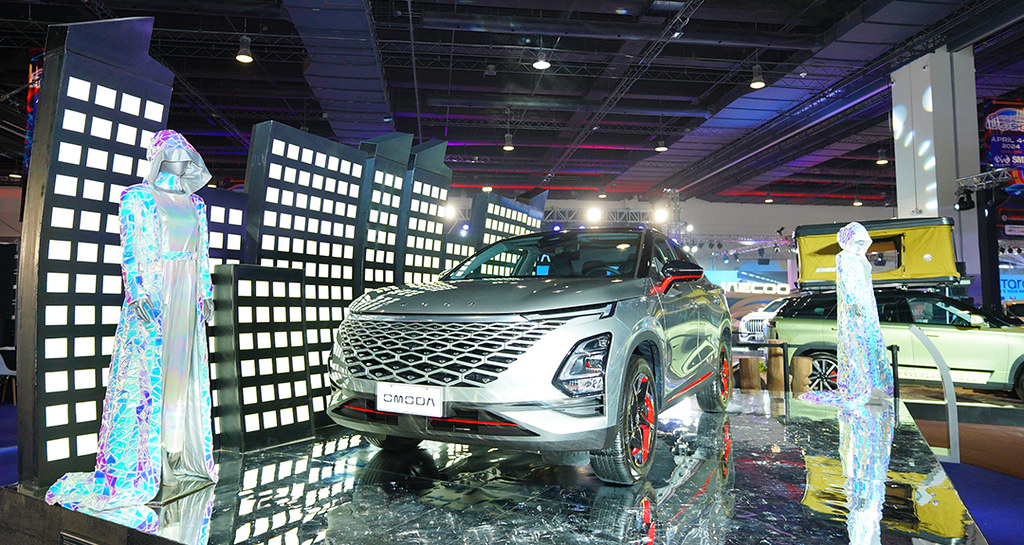A good sign of progress in the continuing dialogue on electric vehicles in the country, the 6th Philippine Electric Vehicle Summit—titled “Stepping Up Partnerships to Electrify Public and Private Transport”—was held recently at the SMX Convention Center.
Among those that participated in this year’s EV Summit was Nissan, whose special product on display was the globally acclaimed Nissan Leaf electric vehicle. There to discuss Nissan’s role in the growing market for electric vehicles was Nicholas Thomas, Nissan’s global director for EV Business. “Autonomous Drive. It’s real, and it’s coming,” remarked Thomas in his EV technology presentation to showcase the brand’s commitment to deliver smarter, safer, and sustainable mobility solutions for the future. “There are forces and changes happening in the automobile sector,” he emphasized. “And it’s not just towards zero emissions, but also towards zero sound.”
Not everyone may realize it, but Nissan has always been at the forefront of affordable electric production vehicles in the world. The Nissan Leaf is the world’s bestselling electric vehicle, and it has since become the icon of Nissan’s Intelligent Mobility suite.
Nissan classifies its Intelligent Mobility concept into three major fields: Intelligent Power, Intelligent Driving, and Intelligent Integration. Intelligent Power includes its zero-emission electric vehicles and its e-Power products; while Intelligent Driving refers to the suite of technologies under ProPILOT, such as ProPILOT Park (a self-parking feature) and emergency braking. Meanwhile, Intelligent Integration refers to what they call “SAM” or Seamless Autonomous Mobility.
The latest Nissan Leaf is a torchbearer of Intelligent Mobility as it is an attractive, fully electric vehicle armed with 150hp and 320Nm of torque, a 400km range, and futuristic features such as ProPILOT Park and Nissan’s proprietary e-Pedal. It represents an entirely new driving experience, allowing people to move around with greater confidence, greater exhilaration, and a greater connection with the rest of the world than ever before.
Thomas’ presentation at the 6th Philippine Electric Vehicle Summit also discussed the other benefits of owning a Nissan Leaf—the electric vehicle could also be tapped for back-up power during a blackout; or could be used as a large, home storage device for captured renewable energy (in green homes). Furthermore, the Leaf could also be exploited for energy balancing within buildings and grids—storing energy while electricity is cheap during off-peak hours, and acting as the generator of that stored energy once more expensive grid rates take effect during peak hours.
The new Leaf is sold in 60 markets around the world and has already undergone rigorous flood tests, cold tests, and heat tests to endure varying environments. It also performed very well in aerodynamic tests and other dynamic assessments, making it a high-output vehicle that is capable of being fully connected and fully integrated with its ecosystem.
For those who are worried about our atrocious Metro Manila traffic, the good news is that for electric vehicles, no energy is used at a standstill (except perhaps the minimum amount required to run the air conditioning, radio, etc.), so it shouldn’t be alarming to imagine driving an EV through heavy congestion. In case you didn’t know—highway speeds are in fact more energy intensive.
Furthermore, fewer moving parts mean fewer parts to replace over a given time. And after 350,000 units sold globally and these units being charged through conventional wall sockets, there have so far been zero reported incidents concerning any harm or threats to safety.
“The use of electric vehicles reduces pollution and promotes renewable energy integration,” said Thomas. He further emphasized that rapid adaption towards such technologies requires strong cooperation between governments.
















